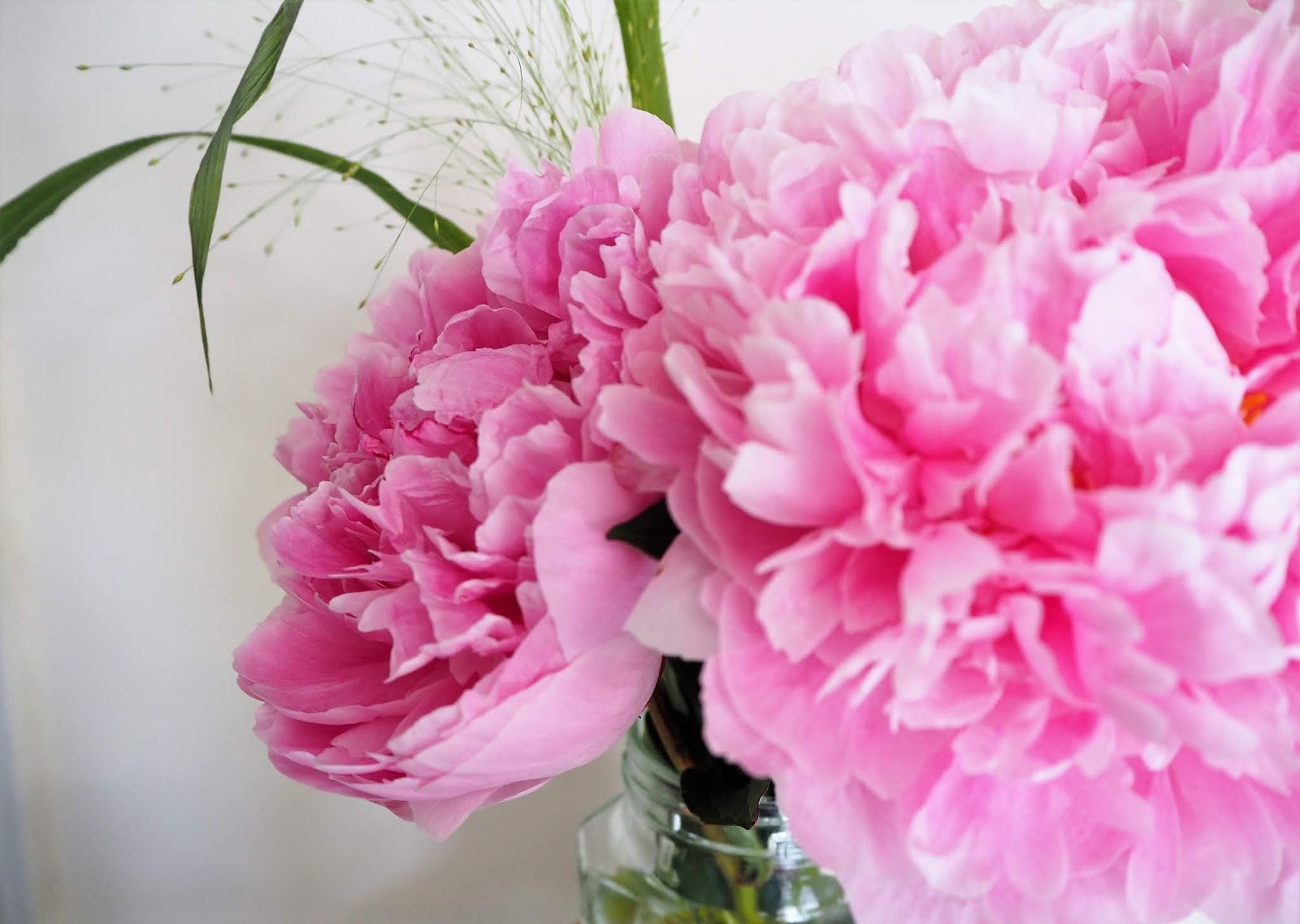Before I try and articulate these thoughts, let’s just establish one thing. I love weddings. Particularly if I’m going to a wedding where a) I actually give a shit about the people getting married and b) there’s a good crowd of friends/family; I just know I’ll have a whale of a time. Aside from that heavily religious wedding I once went to where there was no evening reception (just an awkward dinner and an outrageously sexist speech by the groom), I have always enjoyed going to weddings.
However, there have been a few aspects to wedding planning that have been more of a struggle than I expected.
I am, obviously, a feminist and the question on whether marriage and feminism are mutually exclusive has been a tricky beast to balance; and has made me often feel like a somewhat guilty feminist.
Let’s face it, traditional marriage doesn’t really paint itself in a good feminist light. Traditionally, marriage was a contract between two men; a father hands over his daughter to another man. The daughter, trussed up in a virginal outfit, is an object owned by men. The bride’s engagement ring is a symbol of ownership, changing her name erases her identity as a separate individual and she is supposed to promise to ‘obey’ her husband. Of course, I know that this is not what marriage is about these days and people tend to be doing whatever the hell they want, but I can’t deny that the act of getting married is awash with patriarchal symbols. And it does make my insides squirm uncomfortably.
So we toss it to one side right? I’ve met with the registry office; I know that all I actually have to do to be married is to answer ‘I am’ to one question, repeat a sentence and sign a register with a couple of witnesses. That’s it. Distinct lack of patriarchal symbols. So the rest, how we choose to celebrate or choose to arrive or what we choose to wear; is entirely up to us and, therefore, entirely not sexist. We can do whatever the fuck we want.
Well, yes, in theory.
But then you’re faced with the next challenge of wedding planning; dealing with the assumed expectations. No matter what kind of person you are or wedding you choose to have, assumed expectations are unavoidable. A lot of people get married all the damn time so people will simply assume you’re going to follow a certain process – and that’s fair because we’re all just going on what we know after all.
Let’s take, for example, the act of a father walking his daughter down the aisle. Everyone assumes you will be doing this which isn’t unreasonable; a lot of people do. I, however, will not be walking in on my dad’s arm. That’s my choice. For me, personally, it’s a rule I want to re-write. I do not want to be ‘walked’ down the aisle, I am nobodies to be given away and I’m attempting to avoid as much pomp and fanfare as possible (plus in a registry office, it’s less ‘aisle’ and more ‘walking into a room’). That’s my personal preference and opinion. It does not mean I judge you for choosing to do it at your wedding or not weep emotionally when one of my friends walks in on her father’s arm – I just don’t want to do it myself. And whilst we’re here, there won’t be a first dance, I won’t be changing my name and, nope, no throwing of the bouquet either.
Assumed expectations have been known to make me anxious whilst wedding planning because it is not in my nature to correct people nor do I actively want to disappoint people who are excited about our wedding. But neither do I believe in doing something you don’t want to do just because someone else thinks you should do it. Particularly when the thing they want you to do is ridiculously trivial compared to most decisions you will make in life.
I want to make the commitment. It feels right for G and I. And, no, loving someone and wanting to celebrate that with family and friends shouldn’t be controversial. However, juggling the constant stream of expectations, my own feminist views and what I actually want to do was not something I was prepared for when I said the words ‘we’re engaged’ for the first time.
I’m learning. I’m learning that feminism forges new paths through old traditions and that is so appropriate when it comes to re-writing the rules of marriage. I'm learning to pick and choose the traditions I want to adhere to and the ones I want to fling out the window. I’m learning that anxiety over, essentially, a big party is kinda daft and I’m learning that external parties getting het-up over a lack of wedding favours says more about them then it ever will about me.
Basically, I’m learning to make my own goddam rules.



Comments